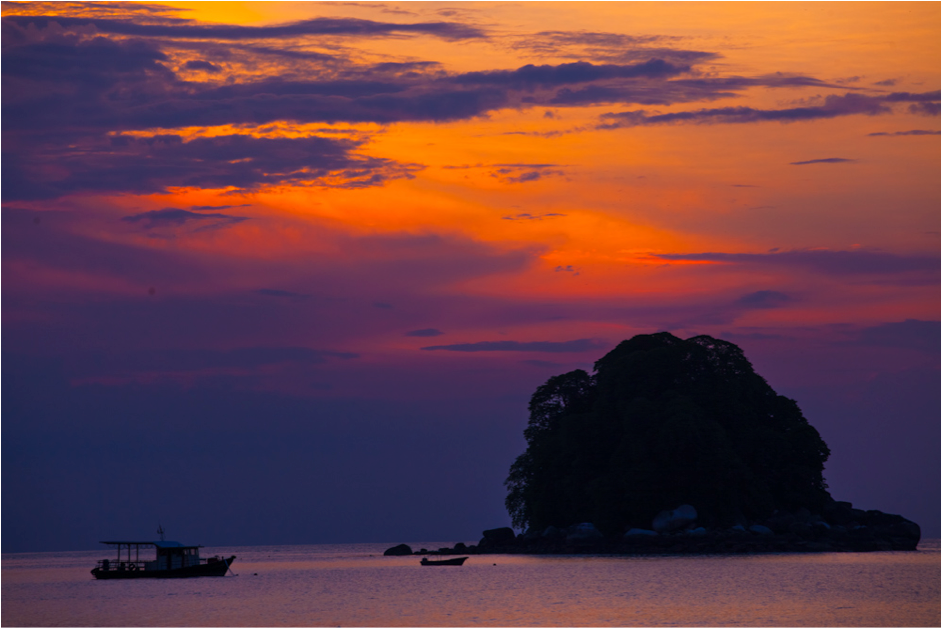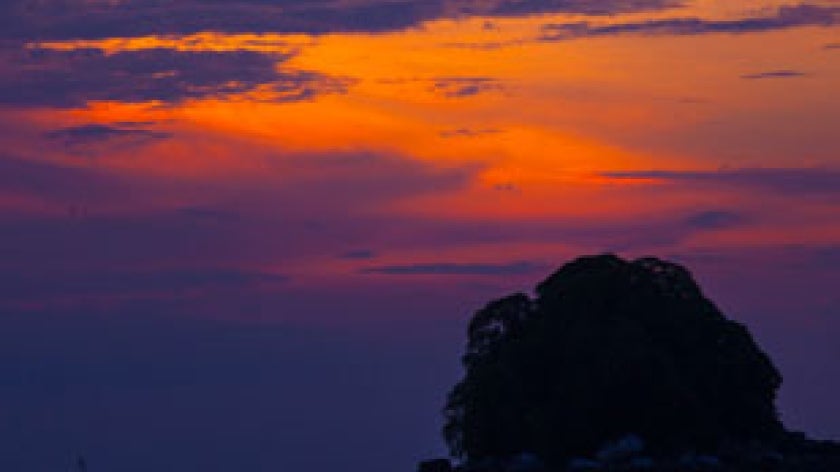
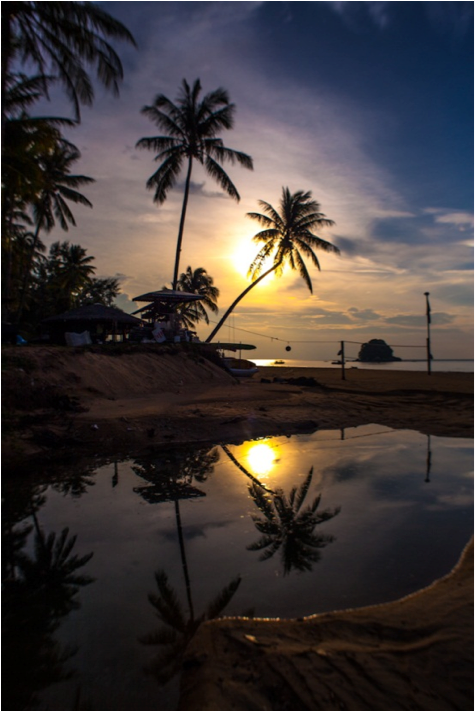
Tourism is an economic staple but the principle assets of the archipelago –the exquisite and varied marine life – were being degraded by a combination of factors. Tourist activities and the tourism service sector were ironically a major problem prompting damage to coral caused by reckless anchorage, litter accumulation on beaches, spear guns, pollution and irresponsible or naïve purchases of shells and coral souvenirs. Although Malaysia’s Marine Parks cover 42 of these islands, illegal fishing incursions in protected waters by both locals and raiding vessels from elsewhere in the country and from other nations were denuding resources and threatening a biodiversity-rich environment of global significance.
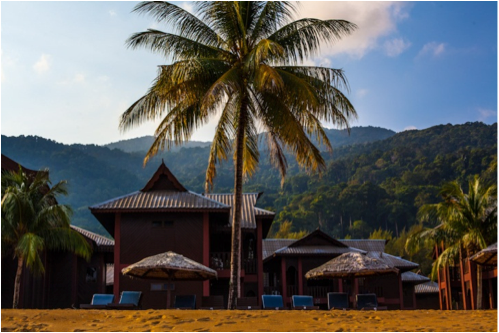
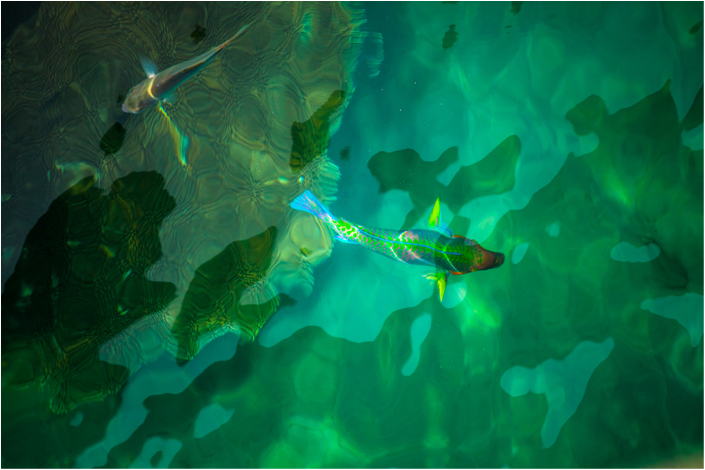
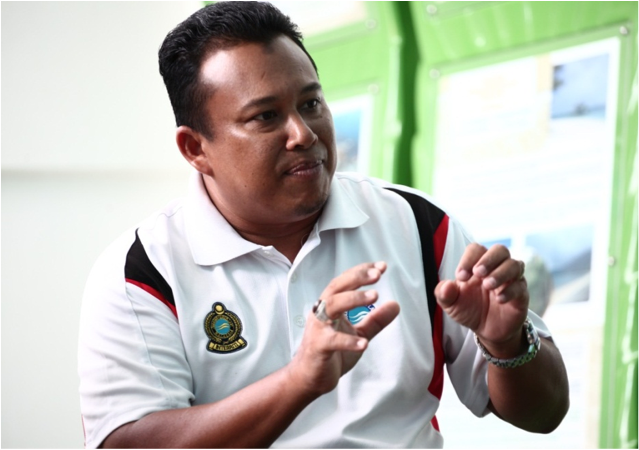
Tioman4.png
|
| Che Mohd Khir B Omar, an Officer with Department of Marine Parks Malaysia (DMPM) on Tioman Island. |
Marine Parks management has improved dramatically, with 156 more staff fully trained in conducting patrols, given authority to arrest transgressors and an enforcement manual implemented thanks to project support. Two new marine parks were proclaimed, expanding Malaysia’s marine protected areas system by an additional 6,400 hectares. Marine park management plans have been developed for all three targeted islands through a process that drew on information provided by committees of representatives at the community, state and national level.
A coral reef bleaching response plan was also developed and implemented to help reduce the impact of coral bleaching events on the marine parks’ reefs. The project’s support has established regular coral reef clean-ups and 300 square meters of coral reef has been rehabilitated through transplantation at 3 sites on Tioman Island. Marine surveys in 2013 indicate that live coral cover has increased 13 per cent at Redang Island since the bleaching event in 2011.
Project priorities with the island communities were practical and encouragingly effective. Give a man a fish and he eats for a day. Give him a fishing rod and he eats for a lifetime. This development cliché holds good in some cases but not necessarily in a marine national park network where commercial fishing as a result of project’s support is now banned within two nautical miles of the coast. They needed a different kind of fishing rod. The people of the Tioman archipelago needed alternative sources of income not dependent on marine exploitation; pre-project, noticeable by their absence. Through a combination of training programmes, seminars and equipment provision, people learned a wide range of new, sustainable professions that did not impact their principle natural assets. 484 people in the three project focus islands, Redang, Sibu-Tinggi and Tioman were trained in non-destructive fields. Mayuzi Sidek , for example, has stopped fishing and now drives tourists through the wonderful seas out on snorkeling trips to see the islands’ glowing coral reefs. He received training to achieve his full boat license through project support, which enabled him to get a job with a local five star resort. Hasni Abdul Gani makes yellow noodles ideal for the Malaysian culinary classic ‘Mee Goreng’. She received equipment through the project. “The noodles bring in 113 USD a month,” explains Hasni.
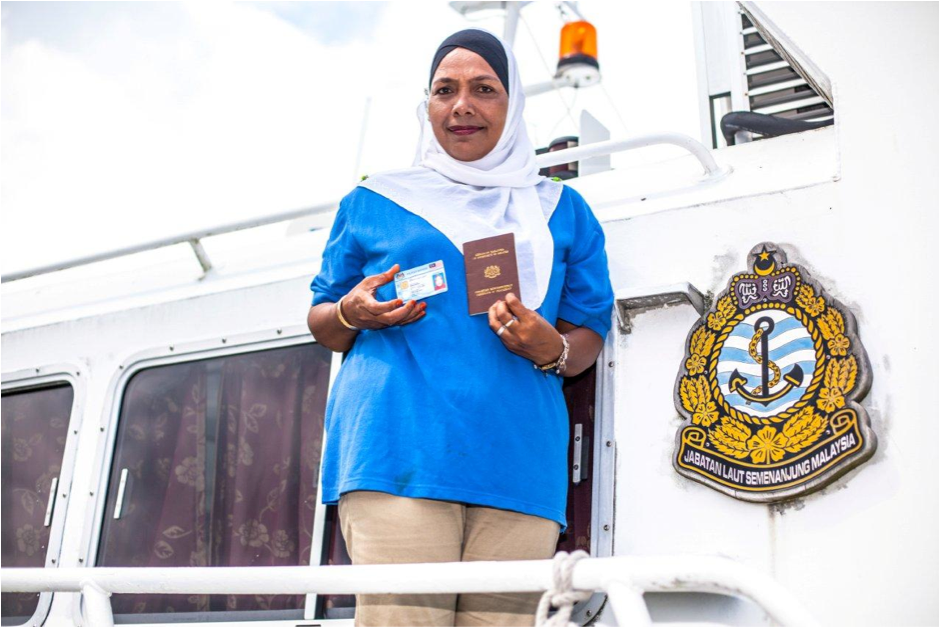
Tioman5.png
|
| Former housewife, Norhayati Binti Junoh, with the boat license that she achieved with the project’s support. She recently received a job offer to captain acargo ship. |
This is sufficient to put her children through school and carry them through the low tourist monsoon season. Other locals have received scuba training certification, boat handling, have started cake bakeries, and one former housewife, Norhayati Binti Junoh has now obtained a captain’s license and is planning to captain a coastal cargo ship. And community groups received training in marine park rules and are acting as the eyes and ears of the DMPM. Arrests for violations have fallen significantly and repeat offenders run the risk of having their boats confiscated for use as patrol vessels or being sunk to form artificial reefs. Relationships between Parks officials and local communities have flourished. Children are adopting their own rivers and clearing rubbish. Beach clean-ups attract hundreds of people. Crown of Thorns, a coral eating alien starfish is hunted. New reefs are being created or restored. Tioman has a new philosophy “Reef Etiquette”. Inspired by this burst of success other islands in the archipelago are emulating the initiatives and Tioman, happily, seems destined to receive more media accolades for its beauty and charm.
